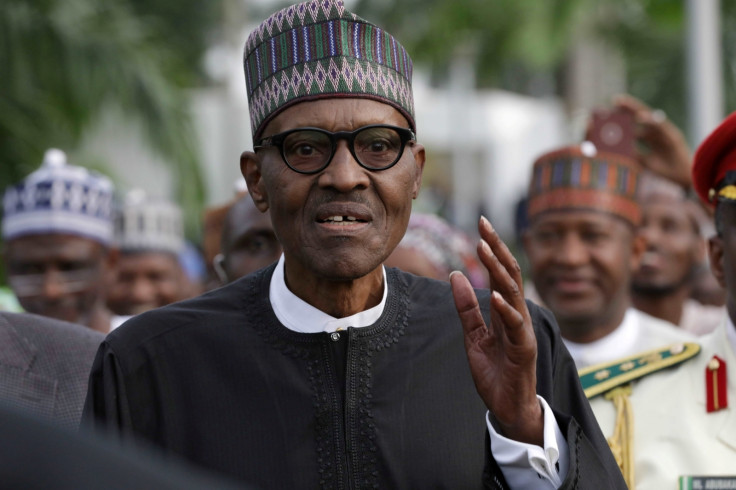Rats force Nigerian President Muhammadu Buhari to work from home
The 74-year-old leader has been in London for more than three months receiving medical treatment.

Nigerian President Muhammadu Buhari has been forced to work from home after rats ransacked his official offices.
Renovation work has begun after vermin damaged furniture and air conditioning units in the president's official Abuja office while he was in London receiving medical treatment for an undisclosed condition, said his media adviser Garba Shehu.
Buhari has been forced to work from the living quarters of the President's complex, Aso Villa, in the capital of Africa's most populous country.
"These are also general works and it is not uncommon for Nigerian Presidents to also work from the Presidential villa. He has used the residential office for many years," Shehu told African-focused broadcaster Arise News.
"What is important is that the job gets done. Whether he does it from his bedroom or his sitting room or his anteroom, it does not matter. Let the job be done. And the job will be done," said Shehu.
The 74-year-old leader returned to office at the weekend after 104 days in London where he received treatment for a mystery illness that many believe to be cancer. The government has only admitted that the president has received blood transfusions.
This was Buhari's second trip to London. He was in the UK capital for seven weeks of treatment earlier this year.
Vice-president Yemi Osinbajo has been acting president during Buhari's time abroad.
Falling oil prices
The President's absence sparked numerous protests in a country with a population of around 182 million, including demands that he should resign – as well as calls for transparency about the president's condition.
The leader of the ruling All Progressives Congress, who was elected in 2015, returns to a country facing pressing issues.
The economy has been in recession for over a year, with the fall in crude prices damaging to Nigeria's oil-reliant economy. Unemployment has risen and businesses have found it hard to import goods due to tougher foreign exchange rules.
The government also still battles Boko Haram, the deadly Islamist group that demands a separate state, and has rampaged through Nigeria's north-east.
This is not the first time Nigeria has faced a leader's long absence. Umaru Yar'Adua, a northern Muslim professor who became president in 2007, was absent for months, with the government of the time refusing to give details about his condition until he finally died in 2010.
Should Buhari, a Muslim, be unable to complete his four-year term Osinbajo, a Christian from the south-west, would be constitutionally mandated to succeed him, as part of an unwritten agreement that rotates power between northerners and southerners.
© Copyright IBTimes 2025. All rights reserved.





















